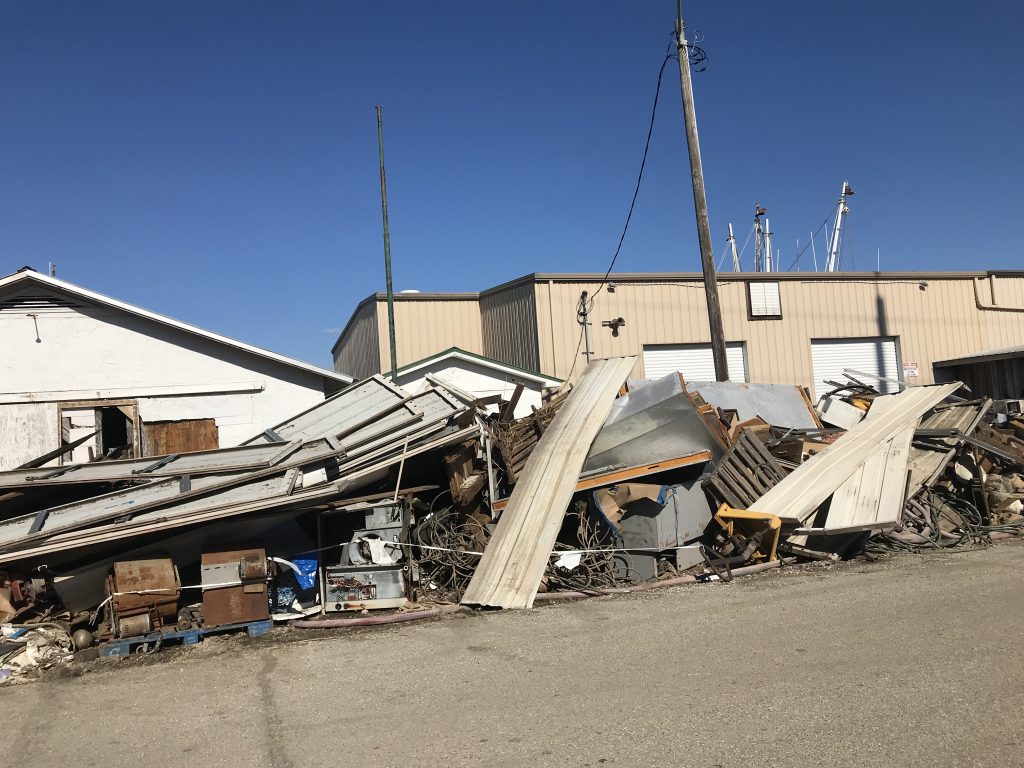Environment
Short Takes
Georgia’s new data center rule increases local controlDecember 1, 2025

By David Pendered
Oct. 16 – David Kyler suggests a grain of salt to go with the Biden administration’s new strategic plan to adapt to climate change.
“We cannot allow adaptation to give the false promise that adaptation will save us,” said Kyler, the cofounder and director of the Center for a Sustainable Coast, on St. Simons Island.
On Sept. 28, the Biden administration released the National Climate Resilience Framework. At the event, 52 representatives from 19 federal agencies attended the security policy meeting, co-led by the Interior Department, the Office of the Special Presidential Envoy for Climate, and the National Security Council.

The meeting identified ways to leverage scientific capabilities housed within agencies to inform climate security policymaking as part of the administration’s steps to advance the use of science and data to help shape policies. These efforts supplement the $50-plus billion in climate resiliency projects embedded in the Bipartisan Infrastructure Law and Inflation Reduction Act.
The document responds to Biden’s statement on June 19 in which he said the administration would work with “local, state, Tribal and territorial leaders focused on climate resilience” in order to produce “a roadmap for how these historic climate actions are going to build more climate-resilient communities all across America, saving lives and homes and providing peace of mind.”
The document provides details on the plan to implement six strategic objectives intended to mitigate the impact of climate change while long-range programs are being established. The six objectives are:
Kyler supports the concept of mitigation. His apprehension is that the process of adapting to conditions will lull the public into accepting ever-greater problems. This includes issues such as sea level rise, which researchers from Georgia Tech and other institutions have documented in the Savannah area.
Kyler described a conversation he had with a woman who was developing a grant application for a resiliency project in the Savannah area.
“What I told her is that it’s important to have resilience to limit damage that otherwise will occur to human lives and property and, to a certain extent, other species. We need to do what we can to adapt and be resilient,” he said.
“But we cannot adapt to an uninhabitable condition. At some point, adaptation will not be possible,” he said.
Kyler has been talking for years about sustainability and the perils of propositions that mitigation is a solution to threats associated with a warming climate.
Kyler reads widely and often recommends authors to read and events to watch. On Monday, one recommendation involved the work of Daniel Schmachtenberger, who appeared at last month’s Stockholm Impact Week, which is a confab involving Norrsken, a non-profit, non-partisan organization that’s donated more than $500 million to start-ups and was founded by the co-founder of the Swedish fintech, Klarna.

0